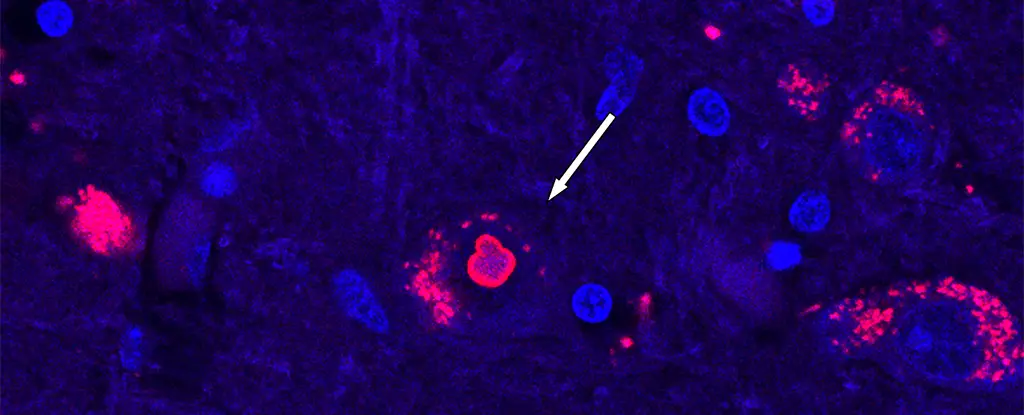Spinocerebellar ataxia type 4 (SCA4) is a rare genetic condition that affects individuals by causing worsening problems with walking and balance. Despite there being no current cure for SCA4, a recent breakthrough in genetic research has identified the specific gene responsible for the disease.
After twenty-five years of research, an international team of scientists has successfully pinpointed the genetic coding behind SCA4. By utilizing advanced genome sequencing techniques and analyzing over 6,495 genome sequencing datasets, researchers were able to identify a section of the ZFHX3 gene as the cause of the debilitating disease. The identification of ZFHX3 was made possible through long-read genome sequencing, which allowed researchers to detect longer DNA fragments, including repeated segments that made analysis challenging.
ZFHX3, when mutated in individuals with SCA4, leads to an extended version of the gene that hinders the proper recycling of proteins within cells. This toxic expanded repeat mutation disrupts the cell’s ability to process unfolded or misfolded proteins, potentially poisoning nerve cells and contributing to the symptoms of SCA4. The discovery of this genetic link opens up new possibilities for developing targeted treatments for the disease.
The Impact on Patients
Individuals affected by SCA4, although a small subset of the overall population with spinocerebellar ataxia, can now be tested for the disease-causing gene thanks to this groundbreaking research. Furthermore, the identification of ZFHX3 as the primary cause of SCA4 may also have implications for other types of spinocerebellar ataxia. By understanding the genetic basis of inherited diseases, researchers can work towards developing effective treatments to improve the lives of patients.
The researchers involved in this study expressed gratitude towards families affected by SCA4 for their invaluable contributions to the discovery process. By building relationships with individuals directly impacted by the disease, scientists were able to connect the research to real-life experiences. As neurologist Karla Figueroa from the University of Utah stated, “This is not just science. This is somebody’s life.” The personal connections formed with SCA4 patients emphasized the importance of translating scientific findings into meaningful treatments for those in need.
The identification of the genetic coding behind spinocerebellar ataxia type 4 represents a significant advancement in the field of genetic research. By uncovering the role of the ZFHX3 gene in causing SCA4, researchers have paved the way for targeted therapies and personalized treatment options for individuals living with the disease. This breakthrough underscores the importance of understanding the genetic basis of inherited conditions in order to improve patient outcomes and quality of life.


Leave a Reply